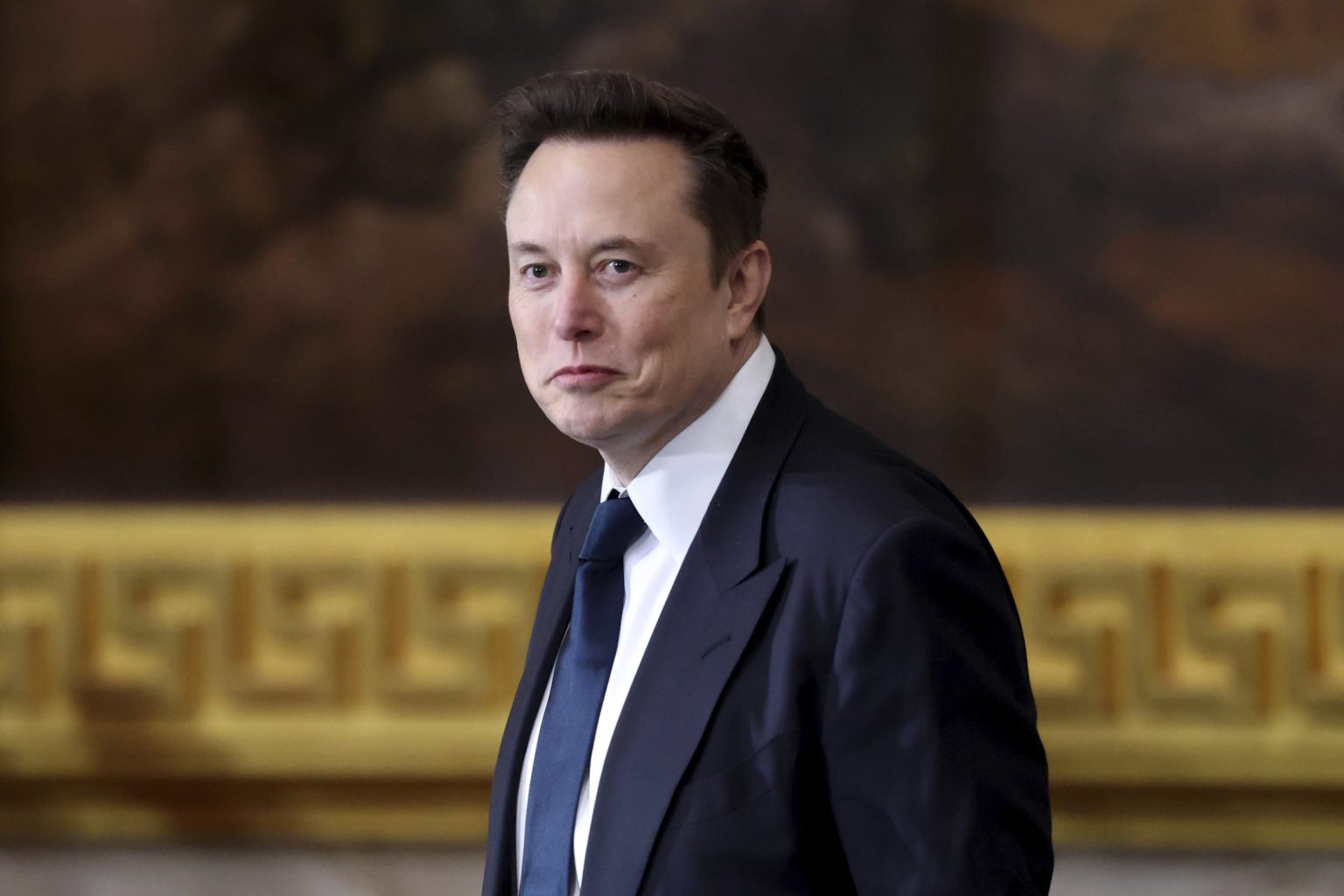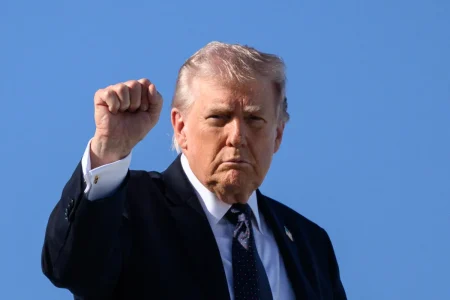The U.S. Treasury Department has found itself at the center of a political storm concerning the Department of Government Efficiency’s (DOGE) access to its payment system. This controversy, ignited by concerns from Democratic lawmakers, centers on the level of access granted to DOGE and the potential ramifications for crucial government payments, including Social Security and Medicare. The Treasury, in an official response to Senator Ron Wyden, affirmed that DOGE currently possesses “read-only” access, meaning they can view information but not alter it. Furthermore, the Treasury insists that this access has not caused any delays or rerouting of payments, specifically mentioning Social Security and Medicare. However, this assurance has failed to quell the anxieties of some members of Congress.
The controversy is further fueled by the leadership of DOGE, which is headed by Elon Musk, a prominent figure known for his outspoken views and unconventional approaches. Democratic lawmakers have expressed apprehension that Musk might leverage DOGE’s access to influence or even withhold payments based on political motivations. This fear is rooted in Musk’s public statements and actions, which often defy traditional political norms. Senator Patty Murray, Vice Chair of the Senate Appropriations Committee, articulated this concern, questioning the plausibility of the “read-only” access claim, especially given Musk’s public pronouncements that seem to contradict the Treasury’s assurances. This discrepancy between the Treasury’s official statement and Musk’s public rhetoric has further amplified the suspicion and distrust surrounding DOGE’s involvement.
The core of the debate revolves around the potential risks associated with DOGE’s access, regardless of its current limitations. Critics argue that even read-only access to such a sensitive system could provide DOGE with valuable insights into the inner workings of government finances, information that could be exploited for political gain or other unforeseen purposes. The concern is not limited to the present situation but extends to the potential for future expansion of DOGE’s access. The fear is that, once granted access, even at a limited level, DOGE could exert pressure or influence to gain greater control over the payment system, potentially jeopardizing the timely and reliable disbursement of essential government funds.
Moreover, the controversy highlights a broader concern about the increasing entanglement of private interests with government functions. The involvement of a private entity, especially one led by a controversial figure like Elon Musk, raises questions about accountability and transparency. Critics argue that such arrangements create a potential conflict of interest and erode public trust in government institutions. The lack of clear regulatory frameworks and oversight mechanisms for such partnerships further exacerbates these concerns. The current situation with DOGE serves as a cautionary tale, underscoring the need for robust safeguards and clear lines of accountability when private entities are granted access to sensitive government systems.
The debate over DOGE’s access to the Treasury’s payment system is far from settled. While the Treasury Department maintains that DOGE’s access is limited and poses no risk to government payments, Democratic lawmakers remain unconvinced. They are demanding greater transparency and accountability, calling for thorough investigations into the nature and extent of DOGE’s access. Furthermore, they are pushing for stricter regulations to prevent potential misuse of sensitive government data and to ensure the integrity and security of essential government functions. The outcome of this debate will have significant implications for the future of government-private partnerships and the oversight mechanisms necessary to protect public interests.
This controversy also underscores the importance of public discourse and scrutiny in holding both government and private entities accountable. The vigilance of lawmakers and the media in questioning the arrangements between the Treasury and DOGE has brought this issue to light and sparked a crucial public conversation about the potential risks involved. The ongoing debate serves as a reminder of the importance of transparency and oversight in ensuring that government functions are carried out in a responsible and ethical manner, protecting the interests of the public they serve while maintaining public trust in government institutions. The scrutiny surrounding DOGE’s access to the Treasury’s payment system is a crucial step in safeguarding the integrity and security of vital government functions and ensuring that they remain free from undue influence or manipulation.















